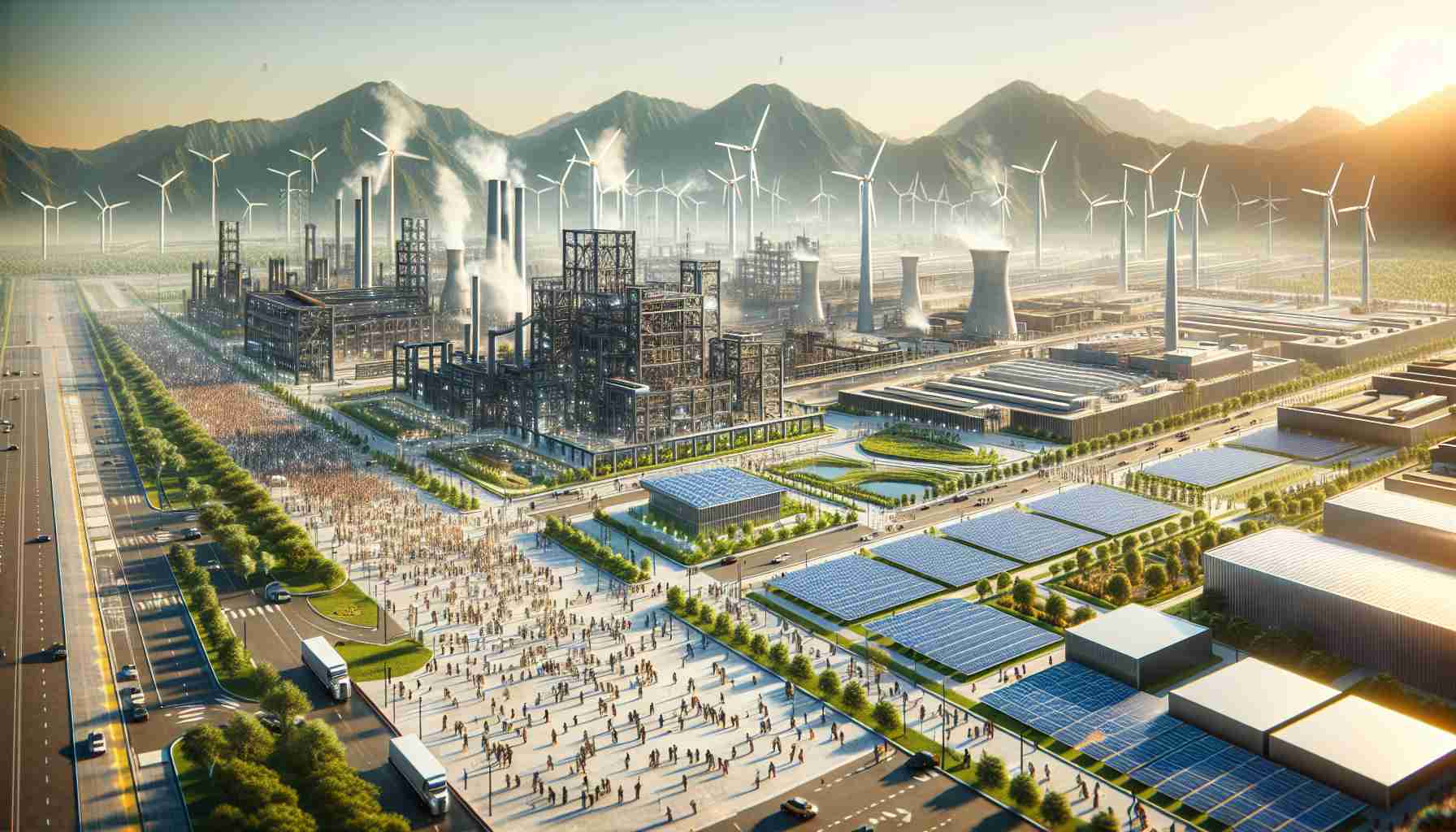This week, Almería’s Fruit and Vegetable Organizations Association, known as COEXPHAL, has embarked on a technological journey designed to evolve agricultural practices for the 2024-2025 season. The initiative is focused on enhancing digital transformation within the industry by fostering collaborations among member companies.
Titled “Cultivating Innovation, Harvesting Success,” these workshops aim to streamline implementation timelines and reduce costs through the adoption of cutting-edge technologies, ultimately improving operational effectiveness. The series will cover a variety of topics surrounding digital transformation, including artificial intelligence for text and audio recognition, image recognition for informed decision-making, and the development of web applications using programming languages and modern technologies such as Power Platform.
Hosted at the COEXPHAL Technology Innovation Center, these discussions kick off with an emphasis on utilizing ChatGPT and Power Automate for business processes. Industry experts, including a business intelligence consultant, will share valuable insights and successful case studies.
One notable participant is Las Hortichuelas S.A.T, a member company that has significantly enhanced its operational productivity through technological advancements. By utilizing voice recognition technology and integrating workflows via Telegram and Power Automate, Las Hortichuelas has streamlined operations, minimized errors, and optimized transaction management. This example highlights the potential impact of technology on enhancing productivity in the agricultural sector.
Innovative Journeys in Agricultural Technology: A New Era of Farming
As technological advancements continue to reshape various industries, agriculture stands at the forefront of this transformation with innovative solutions aimed at improving efficiency, sustainability, and productivity. The advent of precision agriculture, biotechnology, and data analytics is fostering a new age of farming that seeks to address the pressing challenges posed by climate change, supply chain disruptions, and food security.
What are the key technologies driving change in agriculture?
Several key technologies are revolutionizing the agricultural landscape. These include:
– Precision Agriculture: This approach utilizes GPS, IoT devices, and big data analytics to optimize field-level management regarding crop farming.
– Biotechnology: Genetic engineering has led to the development of crops that are resistant to pests and diseases, requiring fewer chemical inputs and enhancing yield.
– Drones and Robotics: These are increasingly used for tasks such as crop monitoring, spraying chemicals, and even harvesting, thereby reducing labor costs and increasing safety.
– Artificial Intelligence (AI): AI algorithms can analyze vast amounts of agricultural data to predict growth patterns and optimize resource usage.
What are the main challenges facing agricultural technology?
While the potential for agricultural technology is immense, several challenges and controversies need careful consideration:
1. High Initial Investment: Many advanced technologies require substantial upfront costs, which can be prohibitive for small-scale farmers.
2. Data Privacy Concerns: The collection and use of data in agriculture raises questions about privacy and ownership, particularly when data is derived from proprietary technologies.
3. Technology Adoption and Training: Farmers may face challenges in adopting new technologies, necessitating comprehensive training and support.
4. Environmental Impact: Some agricultural technologies, particularly genetically modified organisms (GMOs), face scrutiny regarding their long-term ecological effects.
What are the advantages and disadvantages of adopting innovative agricultural technologies?
Advantages:
– Increased Efficiency: Technology can significantly enhance the operational efficiency of farms, leading to more effective resource management and higher productivity.
– Sustainability: Many innovations focus on sustainable practices, such as reducing pesticide use and conserving water, which contribute to environmental health.
– Improved Crop Yields: With precision farming techniques, farmers can target specific areas of their fields for care, leading to better overall yields.
Disadvantages:
– Dependence on Technology: Farmers may become overly reliant on technology, which can be a disadvantage in situations where technology fails or is unavailable.
– Socioeconomic Disparities: The cost of technology may widen the gap between large agribusinesses and smallholder farmers, as wealthier entities can afford the latest tools while smaller farms may struggle.
– Mitigated Traditional Knowledge: As farmers increasingly rely on technology, traditional agricultural knowledge and practices may be lost over time.
Conclusion: The Future of Agricultural Technology
As the world faces the dual challenges of a growing population and climate change, innovative agricultural technologies present a viable pathway to enhance food production sustainably. However, it is crucial to navigate the associated challenges and ensure equitable access to these advancements across all farming communities.
For further insights into the evolution of agricultural technologies and their impacts, visit Farm Progress or explore innovative practices at Agriculture Web.





















